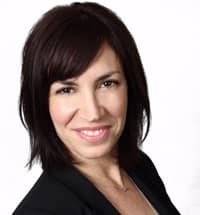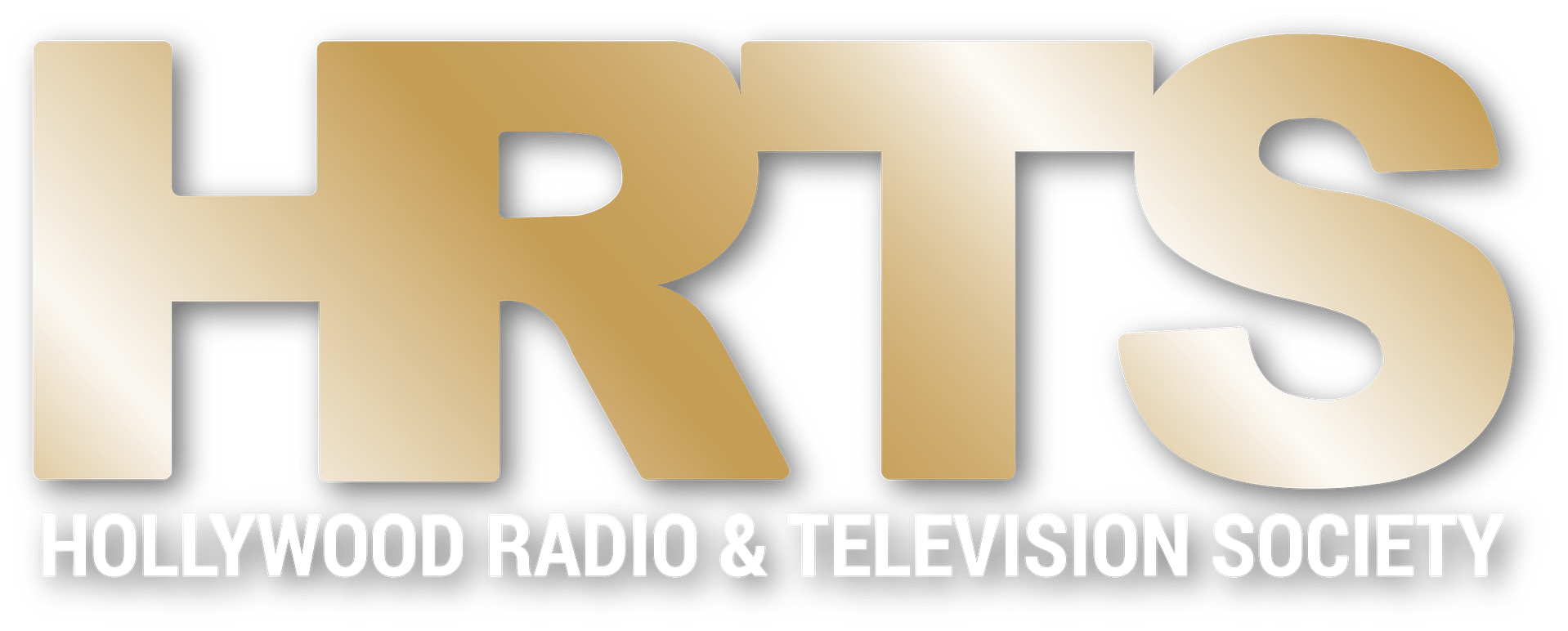
Stefanie Berk
Stefanie Berk is Senior Vice President of Scripted Programming for FremantleMedia. I recently had a chance to interview Stefanie to discuss taking risks, emotional connections and Tom Hanks.
Q: Can you tell us about your background and what made you want to work in entertainment?
-I’ve always loved film and television as a kid growing up in LA. I remember being blown away seeing PLATOON in the movie theater with my father, and watching THIRTYSOMETHING on TV. I was always drawn to great characters. In high school, I was more focused on journalism and loved writing. It wasn’t until I took a film theory course at UC Berkeley that I realized how powerful the language of cinema really was, and that I wanted to have a career in film. After college, I moved straight to New York City where independent film was thriving at the time. I worked in development for the preeminent NY producer Robert Greenhut (ANNIE HALL, WORKING GIRL, BIG) and then applied to film school at Columbia. I loved making movies and collaborating with all of my talented classmates.
After getting my MFA I moved back to LA and worked at Fox Searchlight and big Fox and then for Baz Luhrmann, who really taught me about hard work and what it takes to be a creative genius. I always loved development and when the opportunity came up to work at Playtone working for Tom Hanks and Gary Goetzman I jumped at it. Working there was my first foray into developing TV through our great relationship with HBO. I spent eight great years there before joining FremantleMedia to focus exclusively on TV.
Q: How did you first get involved with the HRTS?
-When I joined FremantleMedia. They are big supporters of the organization.
Q: What is a favorite memory from your career thus far?
-Every day I am making new memories. I’ve been lucky enough to work for some amazingly talented and prolific people and luckier to have fond memories from every experience.
Q: What do you look for when developing a new show?
-It’s always about compelling and complicated characters first. And, no matter what they are doing bad or good, criminal or legal, you have to feel emotionally connected to them in some way. I am attracted to fresh points of view and original voices. I love characters that live in the gray areas, who push boundaries, who take risks.
The TV landscape is so crowded; you have to deliver characters that the audience wants to spend time with. Subcultures and worlds are important, but it always comes back to character for me. Also, I really feel like the show has to be having an interesting conversation with the audience thematically. I am always looking for shows that speak to the human condition, like “The Returned”, a series we’re developing with A&E. It uses an original take on life after death to question the world around us. Stories that can do that, no matter what the genre or period, really stick with me. And if it does that, then I know it’s a good idea.
Q: When developing new material at what point do you sense that you might have a hit?
-When I get really excited about the ideas the writer is pitching or the writer really delivers on the promise of what he/she pitched in a script. I love the process of working with a writer and developing an idea, and when that relationship really feels like it’s working, it’s usually a good sign that we have something special on our hands.
Q: How is working with Fremantle similar to or different from working with a company like Playtone?
-Working for Fremantle is similar to Playtone in that I am looking for the same kind of elevated, sophisticated material, and to work with the same kind of high-caliber talent. The bar was set high at Playtone and we are striving for the same kind of quality in our storytelling at Fremantle. That said, business-wise it’s very different since Playtone is a production company and Fremantle is an independent TV studio, and a much larger global company. So now I am working with various producers, at every network and across various platforms, which is a great new challenge. It’s such an exciting time to be at Fremantle, working with Craig Cegielski and Thom Beers, and being at the forefront of building out our scripted business in the U.S. under the new FMNA.
Q: With a proliferation of new professional buyers, from Amazon to Netflix to Hulu, how does this change the game?
-It just makes things more interesting. We love that there are new buyers on the scene who are willing to take risks and looking to find shows that will define their brand. But the goal remains the same no matter what buyer we are selling to. We want to tell entertaining, provocative, compelling and original stories.
